It’s 2024 and our focus on renewable energy sources like solar is more crucial than ever. Moreover, innovative solutions and breakthroughs in the solar power industry are constantly maximizing the efficiency and sustainability of this green energy source. One such innovation that has gained more popularity than ever is floating solar panels, a technology that combines solar panels with water bodies.
In this blog, we shall discuss what floating solar panels are and explore their range of benefits.
What Are Floating Solar Panels?
Floating solar panels, also known as floating photovoltaic (FPV) systems or floating solar farms, are arrays of solar panels installed on bodies of water such as lakes, reservoirs, ponds, or even the sea. However, oceans are not an ideal choice for deploying floating solar panels due to the rough waters and potentially high waves, which can compromise the stability of the solar panels.
These solar panels are typically mounted on buoyant structures that keep them afloat while securely anchored to the bottom of the water body. The solar panels are connected to the electrical grid through underwater cables, which allows them to generate electricity just like traditional land-based solar installations.
Below are some of the key components of floating solar panel technology.
- Solar panels – PV panels consist of solar cells that convert sunlight into DC current.
- Floating platforms – Made from buoyant materials, they ensure the panels remain afloat.
- Anchor system – Used to secure floating platforms and avert drifting due to wind or water currents.
- Inverter – This converts the DC into usable AC so that it can be used by electrical systems.
Benefits Of Floating Solar Panels
1. Reduces Use Of Land
Floating solar panels utilize water surfaces that are often underutilized, such as reservoirs or ponds. By tapping into these spaces, they eliminate the need for vast tracts of land that would otherwise be required for ground-mounted solar farms. This makes them an excellent option for densely populated areas or regions where land availability is limited.
2. Enhanced Efficiency
The cooling effect of water can enhance the efficiency of solar panels. Solar panels operate more efficiently at lower temperatures, and the presence of water helps dissipate heat, thus preventing overheating and improving overall energy production. Research indicates that floating solar panels can generate approximately 10% more electricity in comparison to land-based systems, primarily attributable to this cooling effect.
3. Reduced Water Evaporation
Another benefit of floating solar panels is their ability to reduce water evaporation from reservoirs. By covering the water surface, they minimize direct exposure to sunlight, thus lowering evaporation rates. This feature can be especially beneficial in arid regions or areas facing water scarcity, where every drop of water conservation is crucial.
4. Albedo Effect
Floating solar panels also benefit from the albedo effect which increases their energy efficiency. Sunlight reflects from the surface of the water onto the floating solar panels which in turn, increases the total number of photons that get converted to electricity. This increases the overall energy yield of the solar panels.
5. Water Quality Preservation
The shading effect of floating solar panels can help maintain water quality by preventing the growth of algae and limiting the penetration of sunlight into the water. It reduces the risk of eutrophication and helps preserve the aquatic ecosystem. Additionally, some floating solar installations incorporate eco-friendly materials that minimize any environmental impact on the water body.
6. Dual Land Use
Floating solar panels offer the possibility of dual land use, allowing water bodies to serve multiple purposes simultaneously. For example, a reservoir used for irrigation, flood control, or drinking water supply can also host a floating solar array, maximizing the utility of the space without compromising its primary function.
Parting Thoughts
Floating solar panels present a promising solution in renewable energy technology, as they offer a range of benefits that extend beyond traditional land-based solar installations. Thus, by harnessing the power of sunlight on solar surfaces, floating solar panels can play a significant role in our transition toward a greener future. Get access to the best and latest solar panel technology in the Philippines, only at Nativ Techniks. Call us at +639176310032, or mail us at wecare@nativtechniks.com



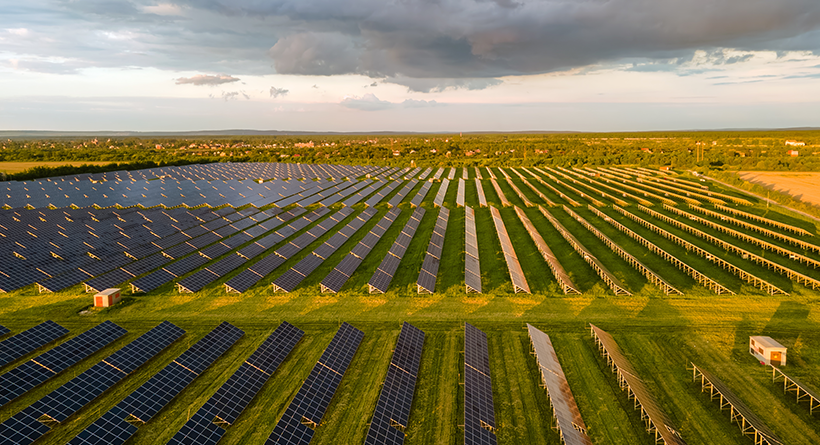
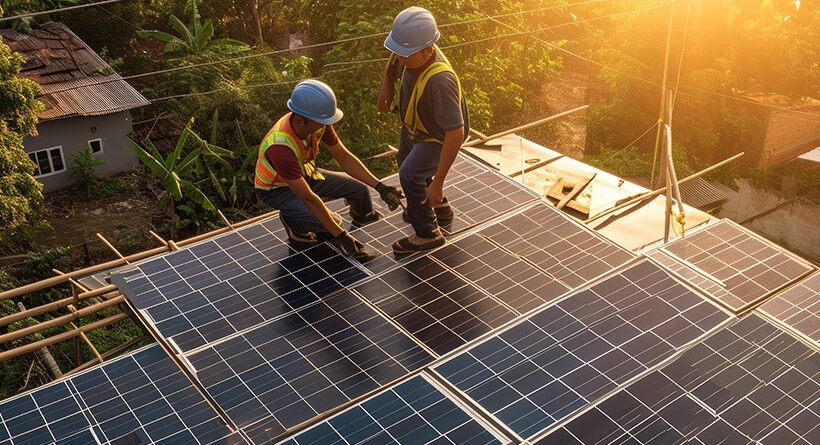
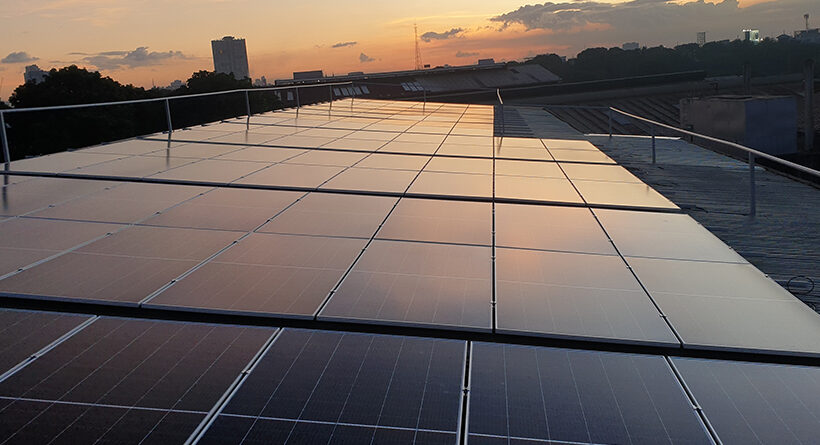
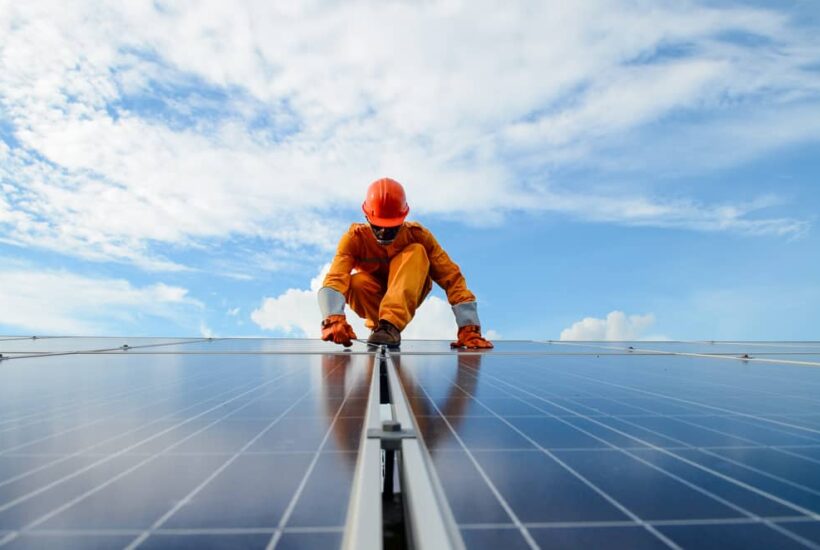
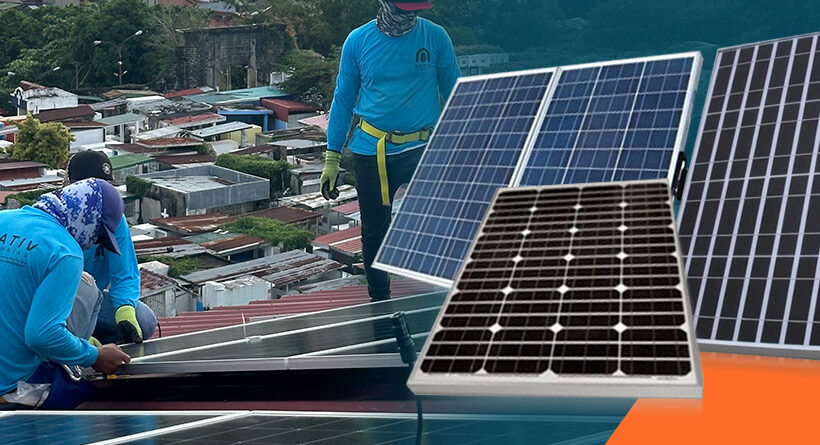
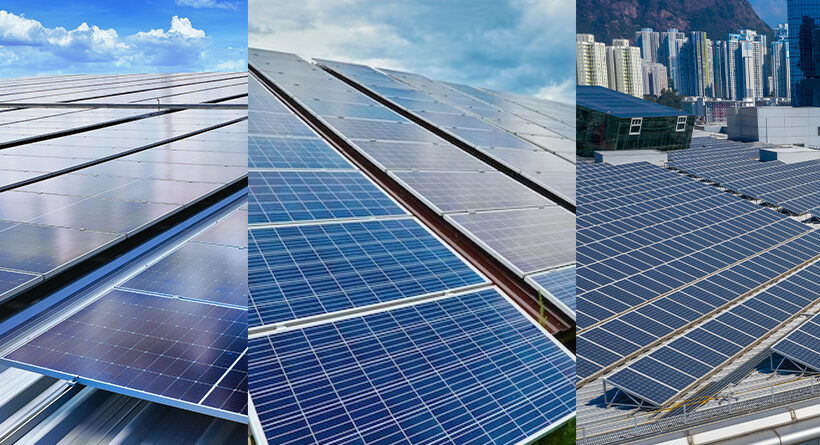
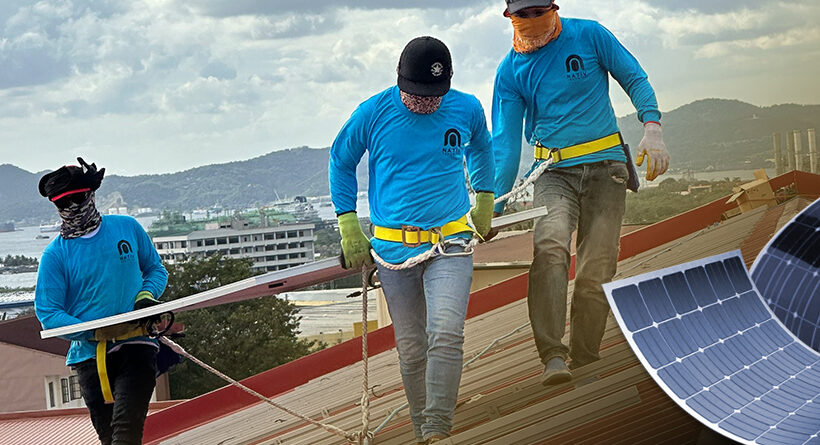

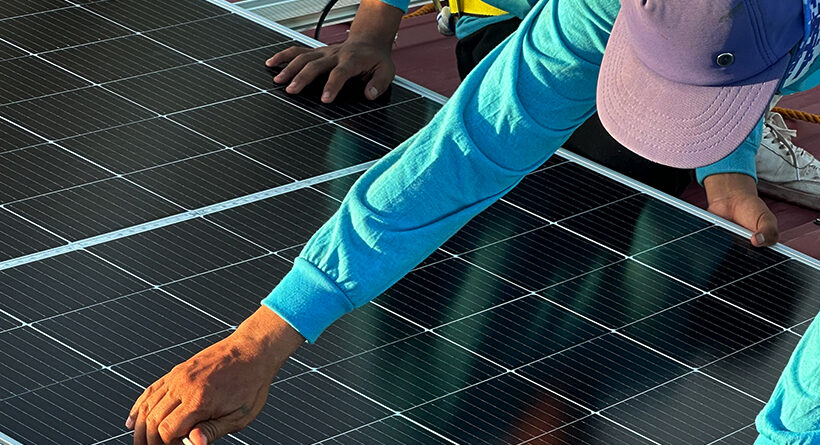
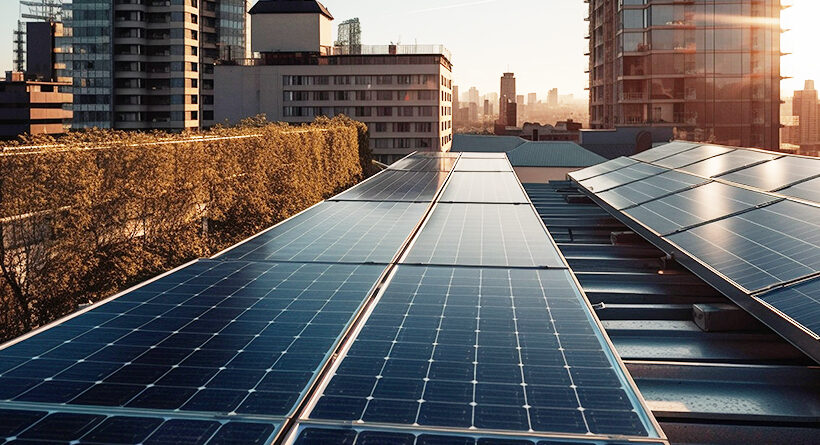
Leave a Reply